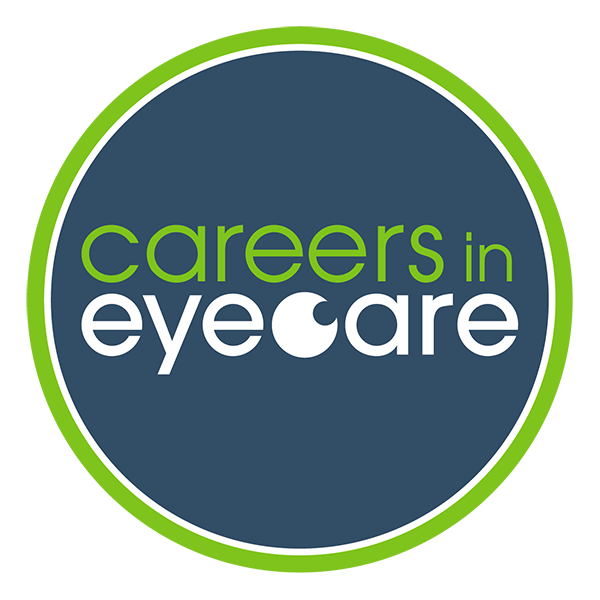Helen is a QTVI, a Qualified Teacher of Children and Young People with Vision Impairment (QTVI). According to RNIB, QTVIs carry out a central role in the education of children and young people with vision impairment from birth, working in homes, early years settings, schools and post 16 settings.
The day starts with checking and responding to emails; these could be from parents, schools, other professionals and team colleagues. Then I would carry out visits to children in their educational setting i.e. nursery, primary school, secondary school, sixth form. If the child is between 0-3 this would likely be a home visit. Typical visits include:
- Functional Vision Assessments (FVA) – this allows me to see how the child usually accesses their learning and to give advice and support on any adaptations/modifications that may make accessing learning more efficient e.g. enlarged print, magnification aids, stationary and equipment, seating position, assistive technology – iPads, specialist VI equipment etc
- Monitoring visits – these help to see if the recommendations made during the FVA have been implemented, if they are working and any new advice that might be helpful.
- Braille lessons – some children are either fulltime braille users or need to learn braille alongside print as they may have a degenerative eye condition and eventually become fulltime braille users.
- Environmental audits – these are carried out to ensure the setting is safe for a person with a visual impairment to move around the site.
- Transition support – As students move from class to class, school to school or a new person comes onto caseload at least one visit is organised so that the student and school staff can ask questions etc.
Helping and supporting everyone involved with the child is rewarding. Finding the best way for a child to access their learning and seeing them able to engage in the lesson alongside their peers is very fulfilling. There are often challenges along the way such as encouraging the student to use the modifications they need, because often they don’t want anything different to their peers; getting the schools to act on the recommendations, not all schools are as good as others; the cost of some of the assistive technology has an impact on budgets etc.
Once visits have been completed, reports need to be written and emails, phone calls responded to. Resources for the next day will need to be prepared.
Some of the resources Helen might use:

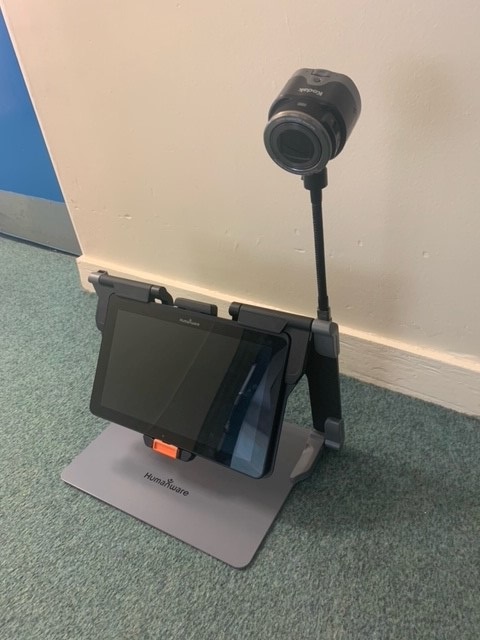
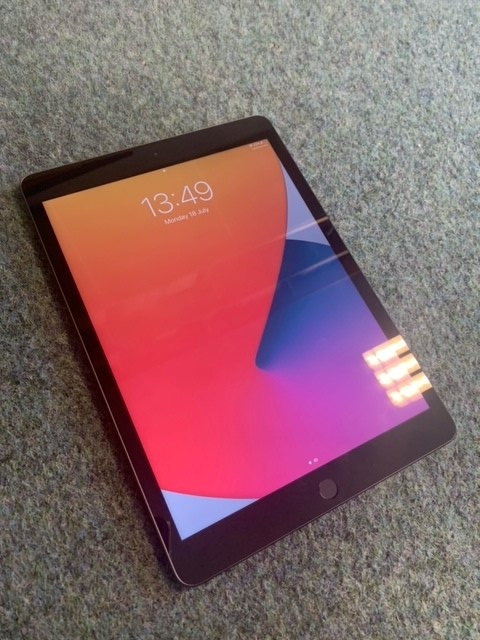
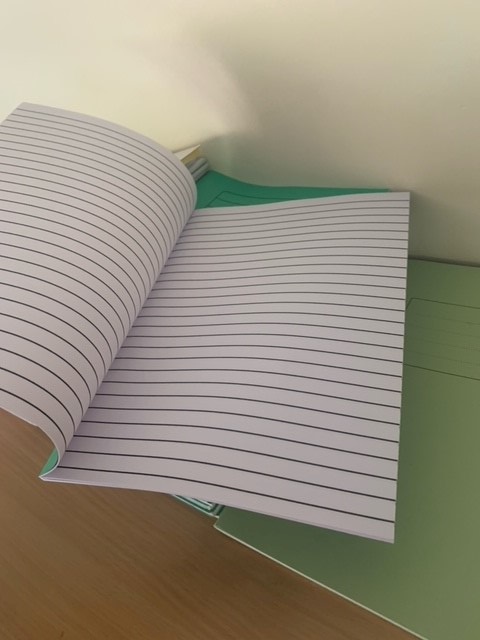
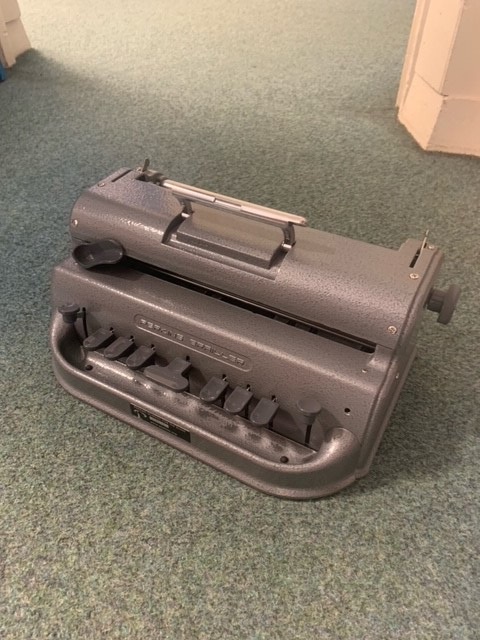
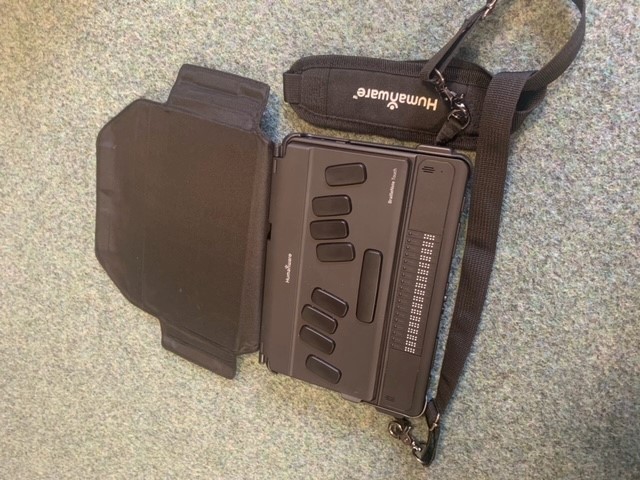
This is a typical day, however the service is also involved in staff training, peer awareness training, attending review meetings, completing paperwork for legal documents, keeping up to date with companies/charities so that the advice we offer is current on topics such as access to sports, new technology, specialist colleges, linking with other support services such as mobility.
Find out more from RNIB and Thomas Pocklington.
